Eric Holder, Always One Step Ahead
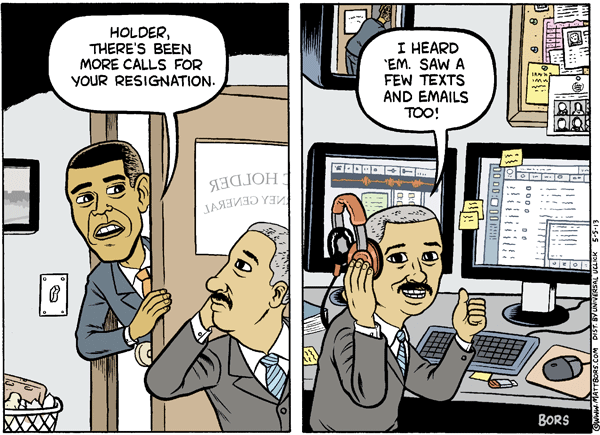
Say what you will about his egregious abuses of power, Eric Holder’s always in the loop.

Say what you will about his egregious abuses of power, Eric Holder’s always in the loop.
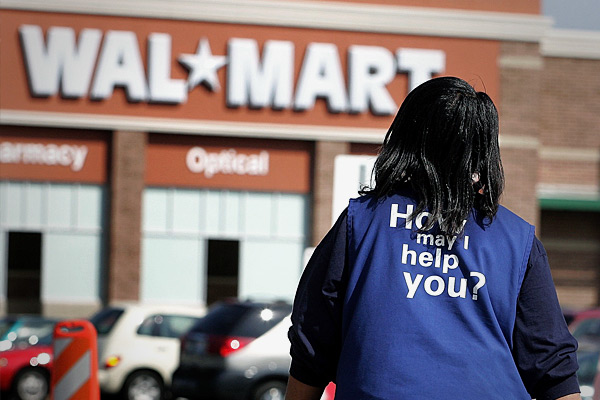
The Article: Hazardous Waste Dumped In California; Wal-Mart Admits Criminal Negligence And Is Fined $81 Million by Justin Acluff in Addicting Info.
The Text: Retail giant Wal-Mart has pleaded guilty to criminally dumping hazardous waste across California, and we don’t mean opening new stores. They pleaded guilty in San Francisco federal court to multiple misdemeanors related to dumping waste chemicals into sanitation drains as a nearly institutional practice, as reported by the AP:
Wal-Mart Stores Inc. will pay $81 million after pleading guilty to criminal charges the company dumped hazardous waste across California, a company spokeswoman said Tuesday.
Wal-Mart entered the plea in San Francisco federal court to misdemeanor counts of negligently dumping pollutants from its stores into sanitation drains across the state, spokeswoman Brooke Buchanan said.
They’re all so incredibly different than us right-thinkin’ theists.
America might still lamentably be divided on gay marriage and marijuana legalization, but as this recent NC State statistics study points out, the most divisive factor could be the way we pronounce the name of that innocuous little decapod residing in creeks across the country: the crawfish. Read on and you’ll realize that if we even want to dream of having an official language, we need to actually act like it first.
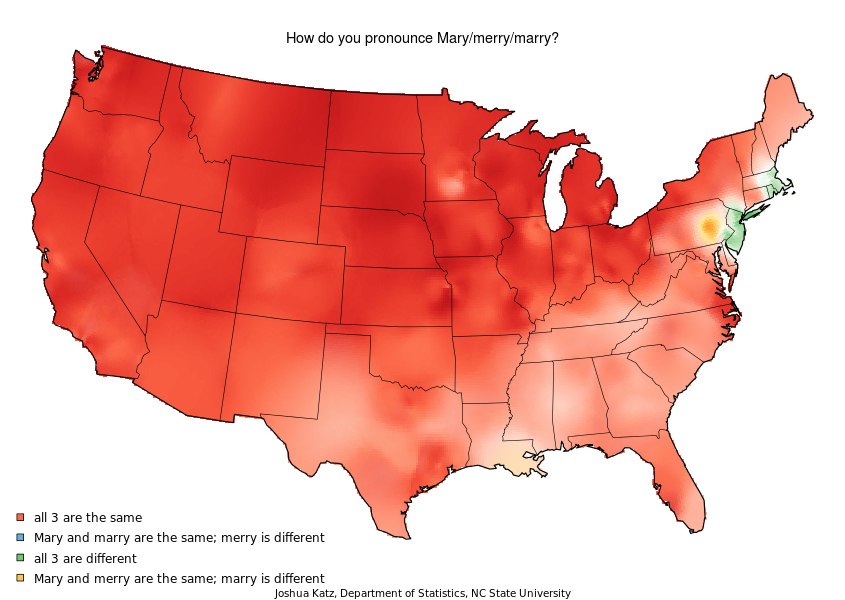
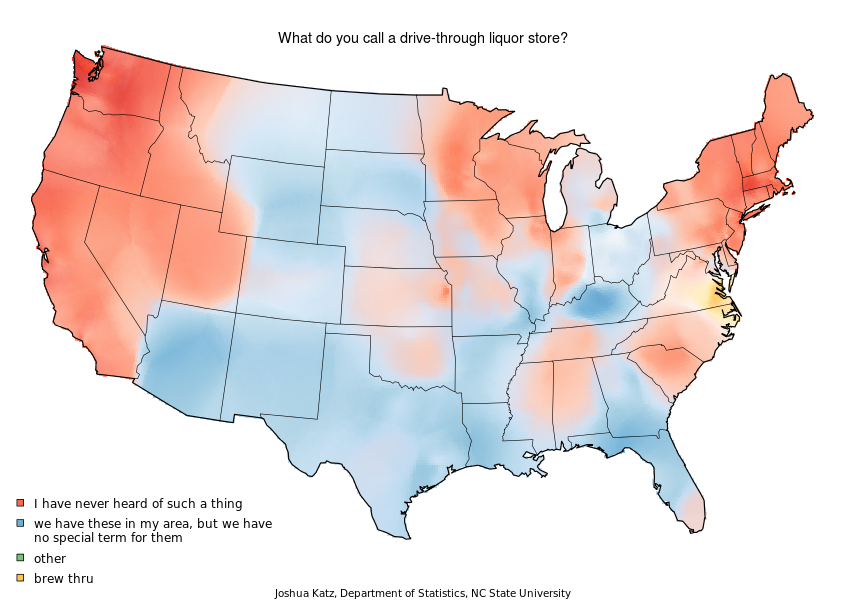
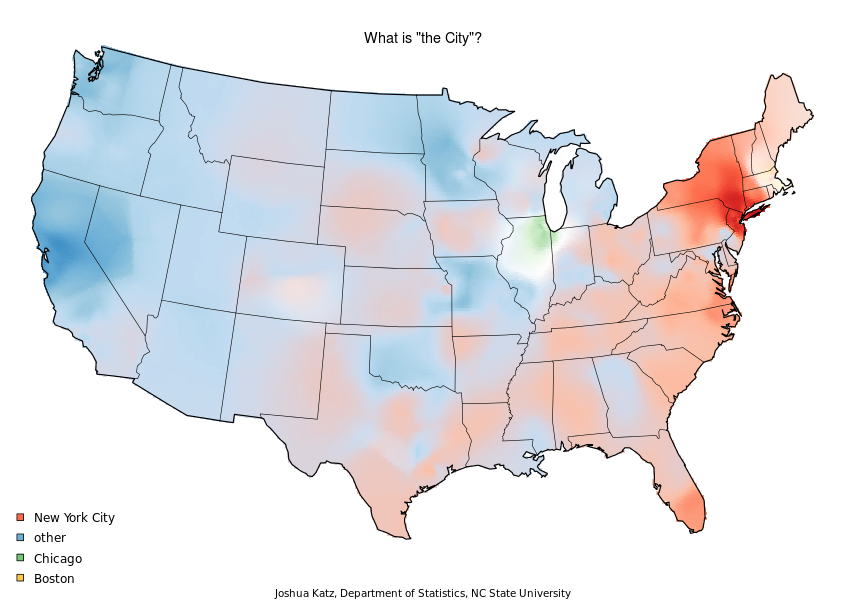
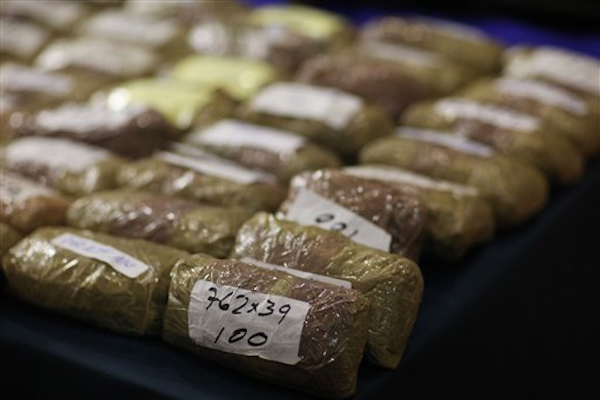
The Article: The most embarrassing graph in American drug policy by Harold Pollack in The Washington Post.
The Text: When it comes to drugs, it’s all about prices.
The ability to raise prices is– at least is perceived to be–a critical function of drug control policy. Higher prices discourage young people from using. Higher prices encourage adult users to consume less, to quit sooner, or to seek treatment. (Though higher prices can bring short-term problems, too, as drug users turn to crime to finance their increasingly unaffordable habit.)
An enormous law enforcement effort seeks to raise prices at every point in the supply chain from farmers to end-users: Eradicating coca crops in source countries, hindering access to chemicals required for drug production, interdicting smuggling routes internationally and within our borders, street-level police actions against local dealers.
That’s why this may be the most embarrassing graph in the history of drug control policy. (I’m grateful to Peter Reuter, Jonathan Caulkins, and Sarah Chandler for their willingness to share this figure from their work.) Law enforcement strategies have utterly failed to even maintain street prices of the key illicit substances. Street drug prices in the below figure fell by roughly a factor of five between 1980 and 2008. Meanwhile the number of drug offenders locked up in our jails and prisons went from fewer than 42,000 in 1980 to a peak of 562,000 in 2007.